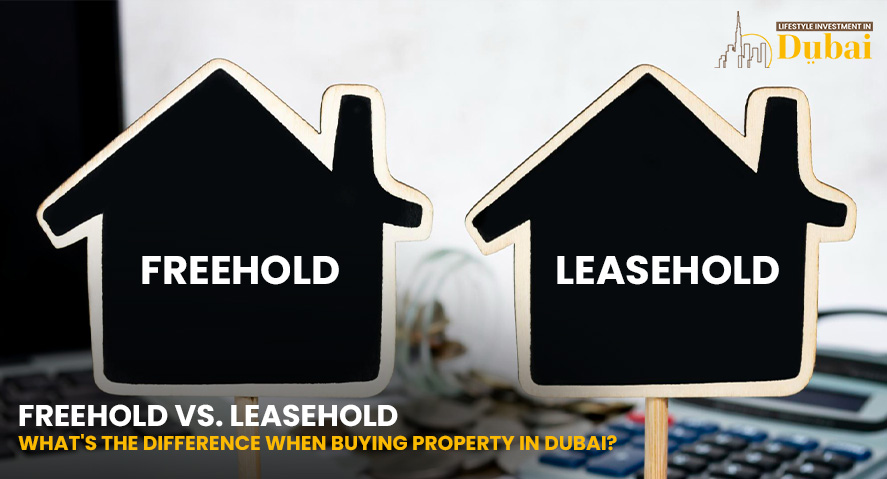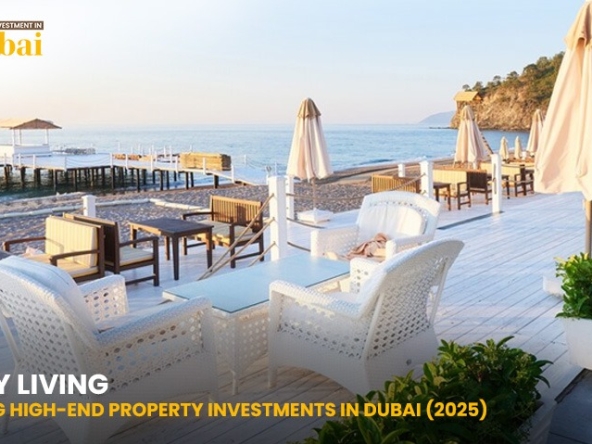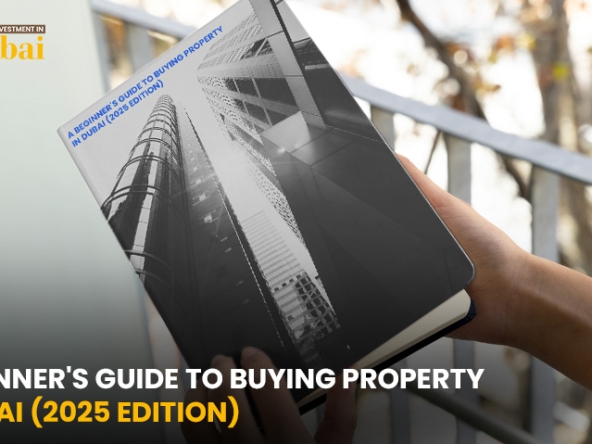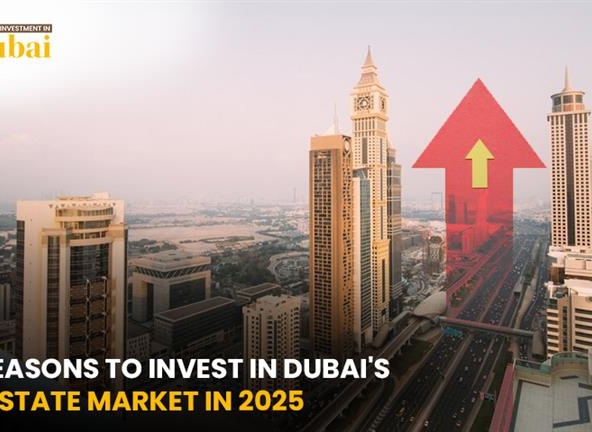If you’re diving into Dubai’s property market, there’s one key decision you’ll come across early on: freehold or leasehold? These two ownership models are at the heart of every property deal in the city, and understanding the difference is crucial if you want to make a smart, informed investment.
So, what exactly do they mean? And which one is right for you? Let’s break it down in simple terms.
What is Freehold Property?
Freehold means complete ownership. When you buy a freehold property in Dubai, you’re not just buying the apartment or villa — you’re also owning a share of the land it sits on.
Key Features:
- Full ownership of the property and land
- No time limit on ownership
- Can sell, lease, or pass it on freely
- Ideal for long-term investors or end-users
In a nutshell: It’s yours. For life. No strings attached.
Popular Freehold Areas:
- Downtown Dubai
- Dubai Marina
- Palm Jumeirah
- Business Bay
- Dubai Hills Estate
These areas are open to foreign investors and have become hotspots for international buyers.
What is Leasehold Property?
Leasehold means you don’t own the land, but you have the right to use the property for a fixed term — typically up to 99 years.
Key Features:
- Ownership for a set period (usually 30 to 99 years)
- You lease the property from the freeholder (often the government or a local entity)
- Rights to live in, rent, or renovate the property within lease terms
- May need approval for major changes or resale
Think of it like a long-term rental, but with the benefits of ownership.
Leasehold Zones in Dubai:
- Green Community
- Dubai Silicon Oasis
- Dubai Investment Park
- Oud Metha
These areas are usually more affordable and attract buyers looking for entry-level or mid-range investments.
Freehold vs. Leasehold: The Side-by-Side Comparison
|
Feature |
Freehold |
Leasehold |
|
Ownership Duration |
Unlimited |
30–99 years |
|
Ownership Type |
Full property and land |
Right to occupy/use property |
|
Resale Flexibility |
Full control |
May require approval |
|
Foreign Ownership |
Allowed in designated areas |
Allowed in designated areas |
|
Maintenance Responsibility |
Owner |
Owner (but with more restrictions) |
|
Value Appreciation |
Generally higher |
Often more stable but slower |
Which Option Is Better for You?
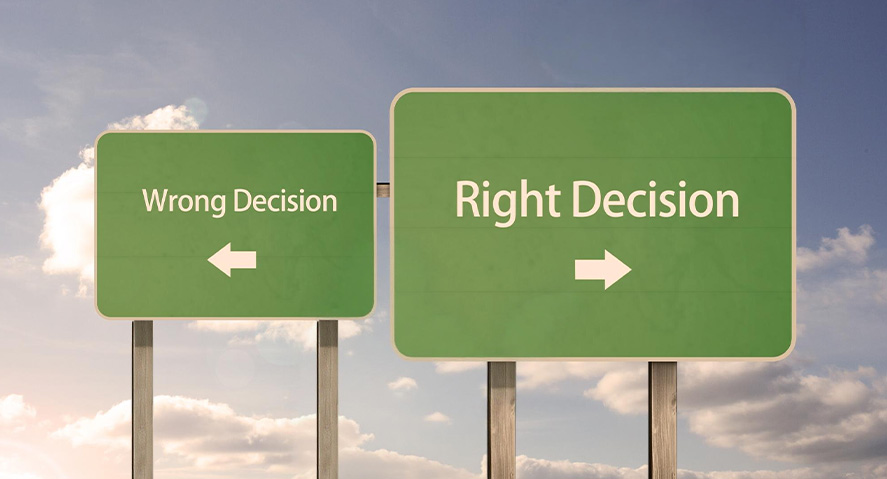
It depends on your goals:
Go for Freehold if you:
- Want full control over your investment
- Plan to live in Dubai long-term
- Are looking for high-value appreciation
- Want the flexibility to sell, lease, or modify as you like
Consider Leasehold if you:
- Have a smaller budget
- Want access to established communities at a lower price point
- Don’t mind some ownership restrictions
- Plan to hold the property for a fixed period only
Legal Protections for Both Options
Good news: both ownership types are legally recognised and protected by Dubai’s real estate laws. The Dubai Land Department (DLD) ensures all property transactions — whether freehold or leasehold — are transparent, documented, and secure.
What About Expats?
Foreigners can freely buy freehold properties in specific areas across Dubai. Leasehold ownership is also available to expats, often with fewer upfront costs. Whichever you choose, you’ll have access to visa opportunities (like the Golden Visa) if your property meets certain value thresholds.
Final Thoughts

Buying property in Dubai isn’t just about the view or location — it’s about knowing what you’re signing up for. Freehold offers you freedom and full control, while leasehold gives you long-term rights at a potentially lower cost.
Whichever route you take, make sure it aligns with your personal goals, budget, and long-term plans. And remember, a trusted real estate consultant can help you weigh the options and find the perfect fit.
FAQs
How long can you own a leasehold property in Dubai?
Lease terms typically range from 30 to 99 years, depending on the agreement.
. Is leasehold cheaper than freehold?
Usually, yes. Leasehold properties can offer better value in terms of price, but with more restrictions.
Can you renew a leasehold contract in Dubai?
In many cases, yes — but renewal terms depend on the freeholder and the original agreement.
Which type is better for investment?
Freehold generally offers better capital appreciation and flexibility, making it more attractive for investors seeking long-term growth.

